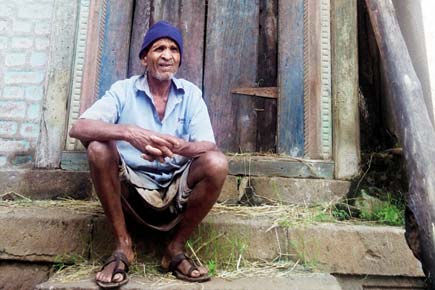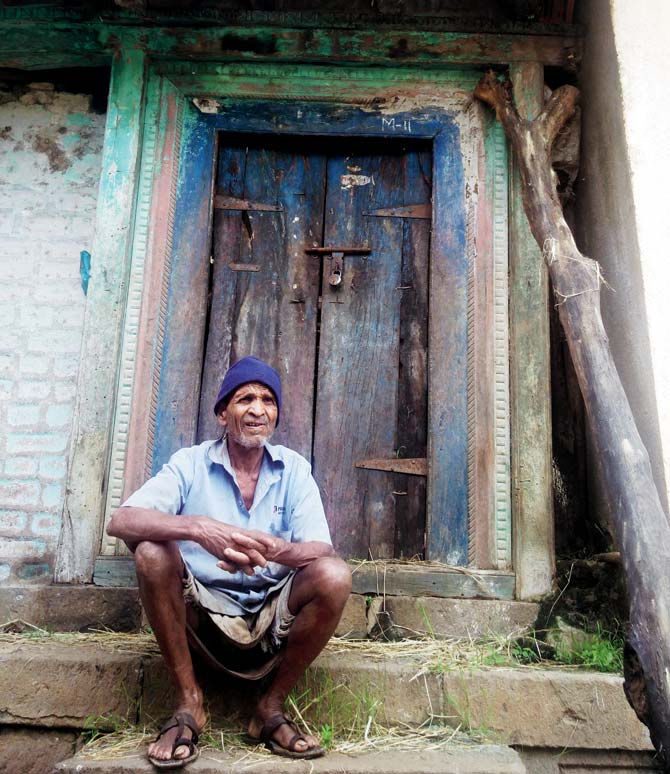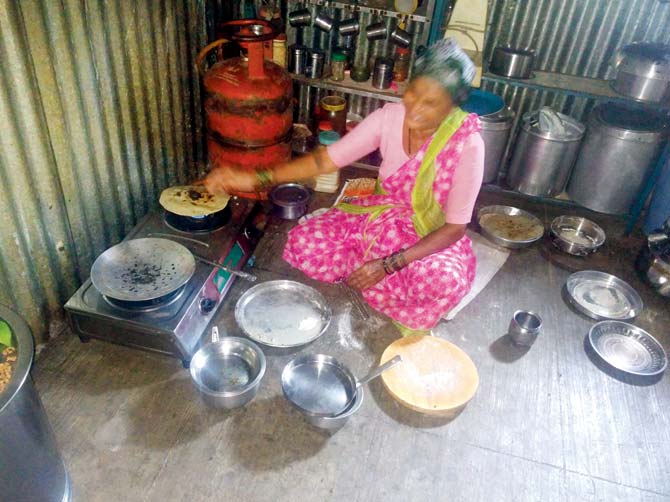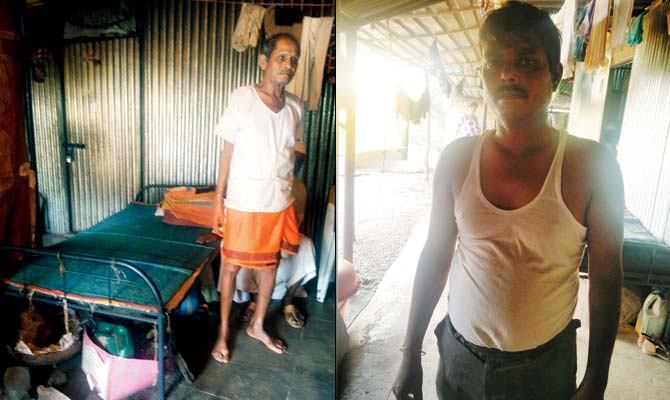Residents says some sheds have 15 people crammed into it and the entire village of 100 shares one public toilet; govt says new homes will be ready by Diwali

 Malin: Two years after a landslide destroyed their village, the once prosperous residents of Malin now spend their days in makeshift tin sheds at the outskirts of the village. During the summers, these sheds get so hot it is impossible to stay inside them, residents say. Electricity and drinking water are major issues, and the entire village shares one public toilet. The villagers are angry with the government, because despite promising quick rehabilitation for everyone affected, the authorities are still in the process of building permanent homes in the nearby Asane village.
Malin: Two years after a landslide destroyed their village, the once prosperous residents of Malin now spend their days in makeshift tin sheds at the outskirts of the village. During the summers, these sheds get so hot it is impossible to stay inside them, residents say. Electricity and drinking water are major issues, and the entire village shares one public toilet. The villagers are angry with the government, because despite promising quick rehabilitation for everyone affected, the authorities are still in the process of building permanent homes in the nearby Asane village.
ADVERTISEMENT

Bhau Maruti Zanjare, who lives with five family members in his tin shed, says his family was prosperous before the landslide
Of the 44 surviving families, 40 live in these temporary 20x20 structures, some even have more than 15 people crammed inside. The four other families have moved out after receiving large amounts in compensation as they had lost many family members. The government had given the families of those who died Rs 7 lakh for each member they lost.

Ramchandra Zanjare’s wife cooking a meal inside the tin shed
‘We wouldn’t treat even our pets like this’
Before the landslide, there were 68 families living in Malin village. Currently, 100 people, of which 13 are children, live in these tin sheds.

Ramchandra Zanjare; Kishore Zanjare lives with 13 other people in his 20x20 tin shed
Ramchandra Zanjare (55), one such survivor, lost one brother in the landslide. His family, that comprises 15 people, are crowded into one shed. “Revenue Department officials are very rude when we approach them, telling us to take the temporary accommodation or leave it. We are three brothers and our families all living in one 20x20 space. Our home in Malin has been declared dangerous, yet we are sometimes forced to go there to sleep at night. It is impossible for everyone to fit into the tiny shed,” Ramchandra said.
“The authorities tell us that our permanent homes will take some time to get ready. But, giving us these tin sheds is wrong. We would not even keep our pets in such conditions. We do not have the money to move out of this place, that’s why we are still here,” he said.
Bahu Maruti Zanjare (65) lost two brothers in the landslide. He lives will five family members in the tin shed, “I was born and brought up in this village. We used to be prosperous, but today we are living in these sheds. It is very difficult to stay in them during the summer and rains. We do not even have place to keep our animals. Sometimes politicians and NGOs give us blankets, furniture or some groceries. We are not beggars but are living like this only because we have nowhere else to go. The government just does not care.”
Kishor Zanjare (36) did not lose any family members, but lives with 13 people in his tin shed. “I used to have my own paddy fields, but the landslide destroyed that. Our parents are old and we cannot leave them here. The government has been saying it is building houses for us for the past two years. Also, we are three brothers with our families and our parents, yet the government is giving us only one house measuring 420 square feet. How are we supposed to manage?”
‘Land, permissions delayed work’
Explaining the delay in rehabilitating the villagers, Vitthol Banote, disaster management officer, with the Pune Collector’s office, said, “Yes, we agree that the rehabilitation project was to be completed by February 2016, but a lot of our time went into searching for land. Later, permission from the Geological Survey of India and other government permissions took time. We are building 68 houses of 450 sq ft each in the new place. R10 crore has been sanctioned by the government. This new plot will have electricity, water, a school, a garden and other amenities. There will also be space for cattle.”
Banote said, “The villagers will get keys to their homes by Diwali this year. We have given houses based on records with the gram panchayat.”
 Subscribe today by clicking the link and stay updated with the latest news!" Click here!
Subscribe today by clicking the link and stay updated with the latest news!" Click here!






